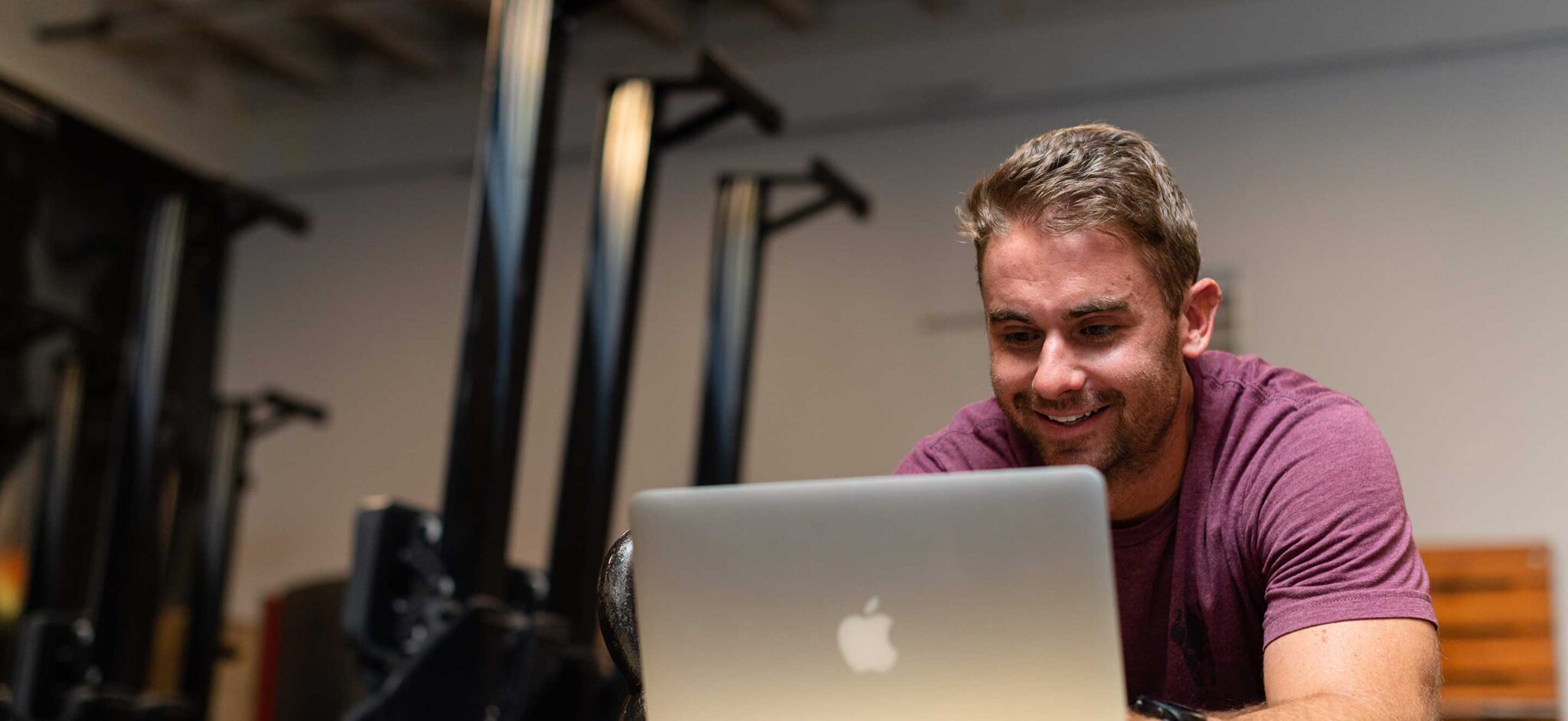A good music playlist can help motivate your clientele and boost the energy in a virtual fitness class. However, you need to be aware of the rules of playing music to avoid copyright infringement. Before you go ahead and play any song you want, there are a few rules and regulations to keep in mind.
Different types of licenses
There are two different types of licensed music: private and public.
- Private licensed music: A private license gives you permission to play music for your own personal, non-commercial use. It is music that you play when you aren’t collecting money on you or your business’ behalf. It does not allow you to play the music in a public setting.
- Public licensed music: A public performance license (also known as blanket licensing), allows you to play music in a public space. If customers are paying to take a class, this is the license you’ll need. Even if your classes are virtual and not held in a facility, you still need a public license. If you play music in your classes without this type of license, you are breaking the law.
What about my personal music subscription?
It’s tempting to think that since you already pay for a music streaming service, like Pandora or Spotify, that you can use that music. This is incorrect: you cannot play music from a personal streaming subscription in your classes.
Who collects the licensing fees?
There are three different Performance Rights Organizations (PROS) that collect licensing fees:
- Broadcast Music Inch (BMI)
- American Society of Composers, Authors and Publishers (ASCAP)
- SESAC Performing Rights (SESAC)
All three of these sell the public performance licenses mentioned above.
Do your employees also need licenses?
The PROs mentioned above collect fees from business’, not employees. As a studio owner, it is your responsibility to buy a public performance license. Because your business is benefitting from the use of music, it’s your responsibility to purchase the license. Note: this is also applicable to contract employees.
How are fees determined?
Fees are based on:
- Number of customers
- Square footage
- Number of speakers
What happens if I don’t pay for a license?
If you don’t pay for a license, you’ll first be warned and notified by a licensing manager. If you ignore the warnings, you could incur large fees and/or be taken to court.
3 suggestions for (legal) music sources
You may want to look into a service that can provide you with the music you need for your classes, without the worry of copyright infringement. Here are three options:
- Soundsuit: Soundsuit is a B2B service that has commercially licensed music ready for you to play. Soundsuit is legal for commercial use, works with all music systems, and has no advertisements. If you purchase an annual subscription it comes out to $24.95/month.
- Cloudcover: Cloudcover has licensed, ad-free music. If you choose the Music Plan, you’ll have access to 120 different music stations to play in classes. Annual plans start at $16.16/month.
- Rockbot: Rockbot offers licensed, commercial-free music. Its algorithm learns your preferences and ensures that certain songs aren’t overplayed. It will automatically update your library with new music daily. Annual plans start at $24.95/month.
Don’t risk getting caught while playing music without a license. Making sure that the music in your studio is legally acquired will guarantee that you’ll be able to make your clients happy and offer the music they expect and appreciate for years to come.
Ready to streamline your studio’s music licensing and management? Learn more about how our software for fitness business can help you run a compliant and efficient virtual studio. Learn how to offer intro offers for your fitness studio.
CLICK HERE to book a Mariana Tek demo!

by Xplor Mariana Tek
-
First published: March 15 2023
Written by: Xplor Mariana Tek
